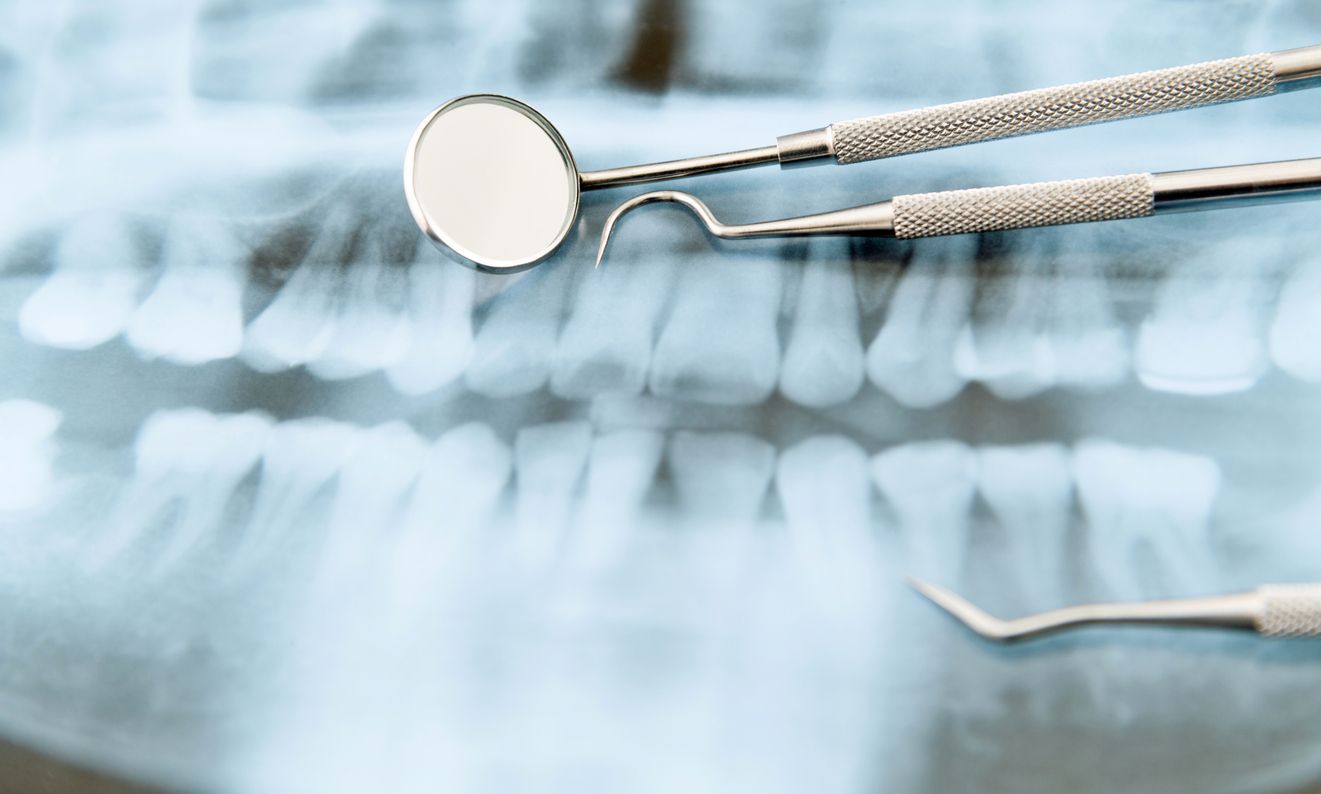Why Do I Need a Deep Cleaning If My Teeth Don’t Hurt?
It’s one of the most common questions we hear — and it’s a fair one.
Most people think dental pain is the only sign that something’s wrong. But the truth is, gum disease is usually silent until it’s in its advanced stages. By the time there’s pain or loose teeth, it may already be too late to reverse the damage.
Here’s what really happens — and why deep cleanings are so important, even if your teeth feel fine.
Gum Disease Starts Quietly
In the earliest stages of gum disease (also called periodontal disease), you might notice a little bleeding when brushing or flossing. Maybe some bad breath that doesn’t go away. But there’s no real pain — so most people ignore it.
Meanwhile, the bacteria causing the problem are silently growing beneath the gums. And they’re not just sitting there — they’re feeding.
But what are they feeding on?
Your bone.
That’s right. The bone that holds your teeth in place becomes the target of chronic inflammation. As the bacteria multiply, they trigger your immune system, which leads to bone destruction. Once bone is lost, it doesn’t grow back easily.
“But I Brush and Floss!”
We hear this all the time. And yes — you can still develop gum disease even with good home care.
That doesn’t mean your brushing is pointless. In fact, it probably helped delay the progression. But gum disease isn’t just about hygiene. Genetics, stress, hormone levels, immune system function, and even low vitamin D levels can all contribute.
In many patients, gum disease runs in families or starts at a surprisingly young age. We no longer see it as just a “disease of old age.” Today, even teenagers and young adults are being diagnosed — largely because our diets, vitamin levels, and immune health aren’t what they used to be.
How Do We Catch It Early?
At every 6-month checkup, your hygienist doesn’t just clean your teeth — they also probe your gums and measure “pocket depths.” Healthy pockets are 1–3 mm deep. Anything more than that is a red flag. Bleeding points are another warning sign.
If your dentist recommends a deep cleaning (also called Scaling and Root Planing), it means gum disease is already active — even if it doesn’t hurt yet. And trust us: you do not want to wait for it to hurt.
What Happens If You Ignore It?
Left untreated, gum disease progresses silently. First, you lose a little bone. Then more. Teeth become loose. Eventually, extractions are needed. In severe cases, full-mouth reconstruction — including implants or dentures — may be the only option.
We provide those services at Atlantis Dental and are very good at them. But we’d rather help you save your teeth.
There’s nothing like your own natural teeth.
Final Word: Don’t Wait for Pain
If you’re experiencing bleeding gums, persistent bad breath, or your dentist has mentioned “deep pockets” or a need for a deep cleaning — take it seriously.
Gum disease is treatable. In its early stages, it’s even reversible. But the window to act is small.
Call us today at 508-625-5861 to schedule your gum health evaluation.
Let’s stop it before it gets worse — and help you keep your teeth for life.










